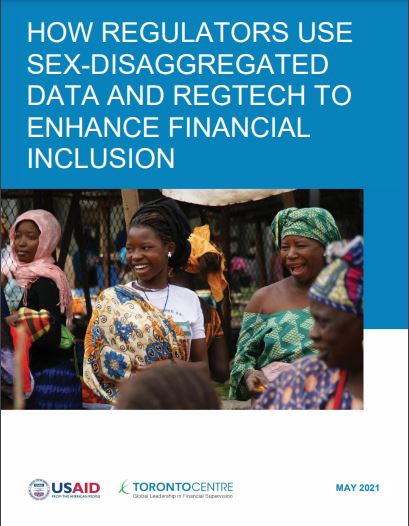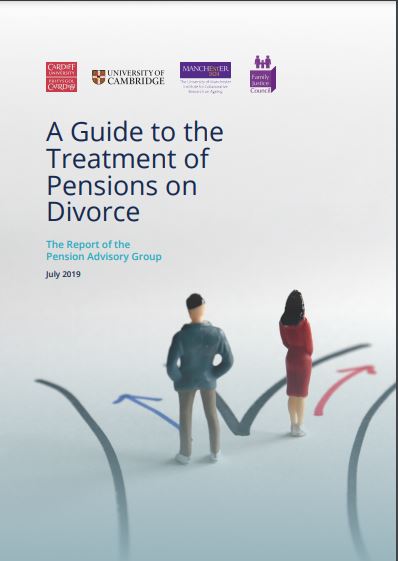Thatcher: the Myth of Deregulation
By Philip Booth It is commonly believed that, during the 1980s, Margaret Thatcher presided over a substantial reduction in government regulation of financial services. Indeed, some have blamed this deregulation for the financial crash that took place nearly 30 years after 1979. ‘Big Bang’ in 1986 did remove the restrictive practices and largely private regulation that existed in securities markets. However, this involved the state unwinding systems of private regulation and was not, as such, a simple act of deregulation. Furthermore, not...










